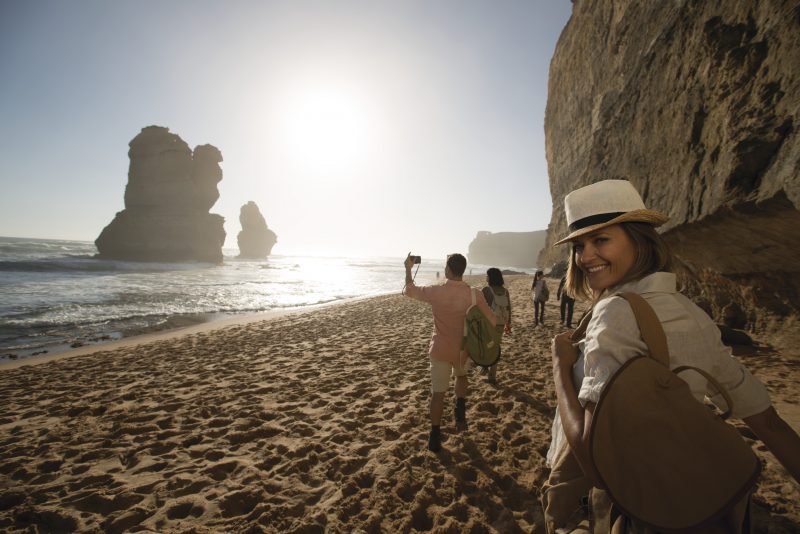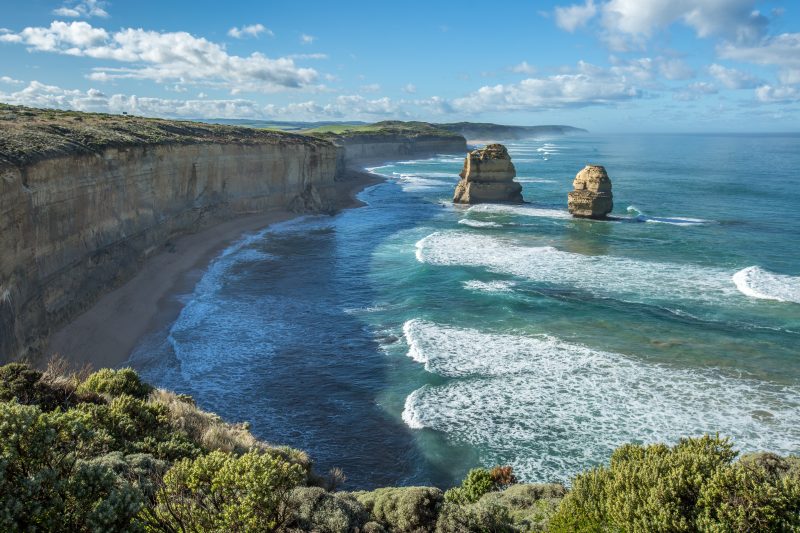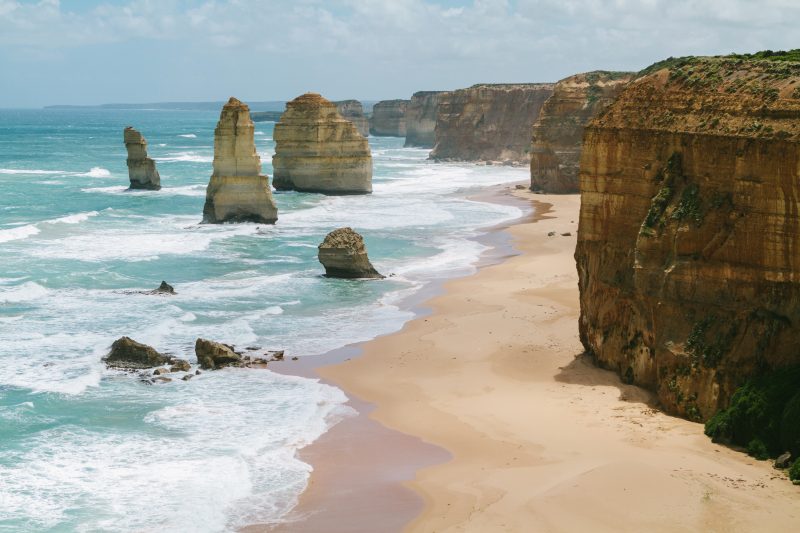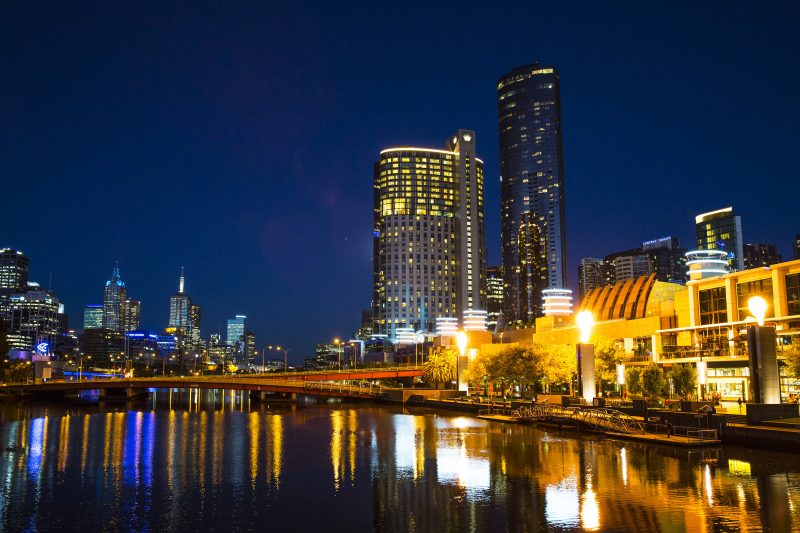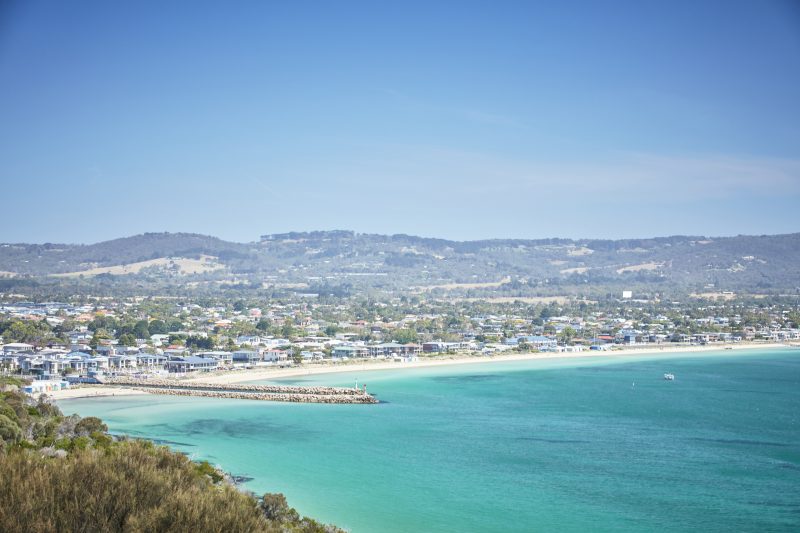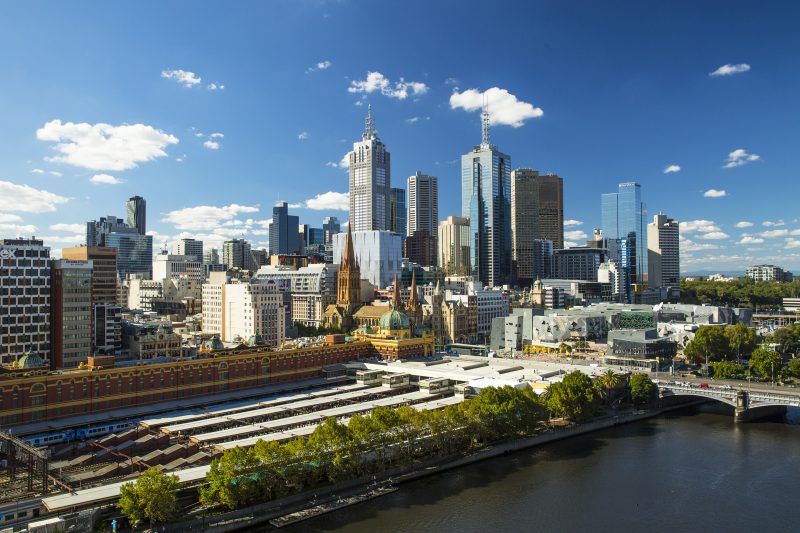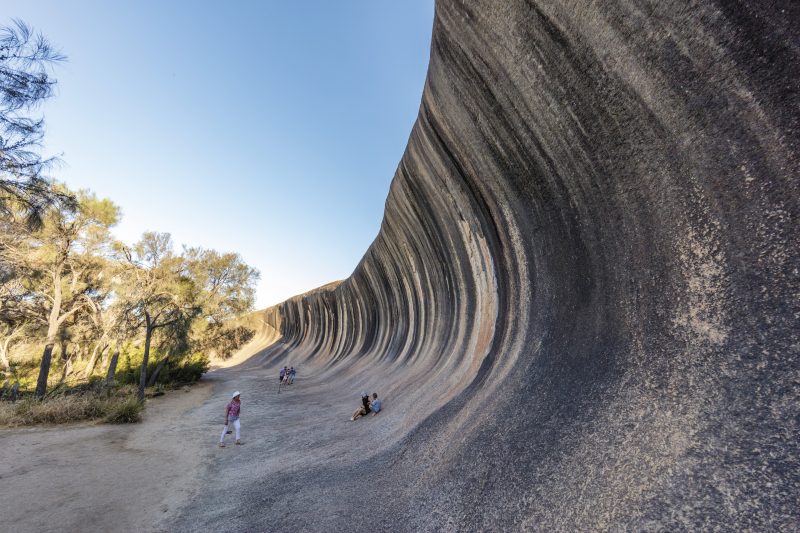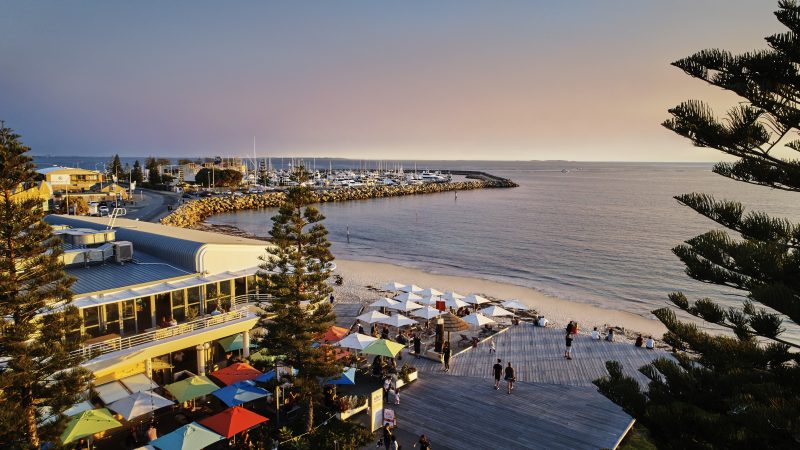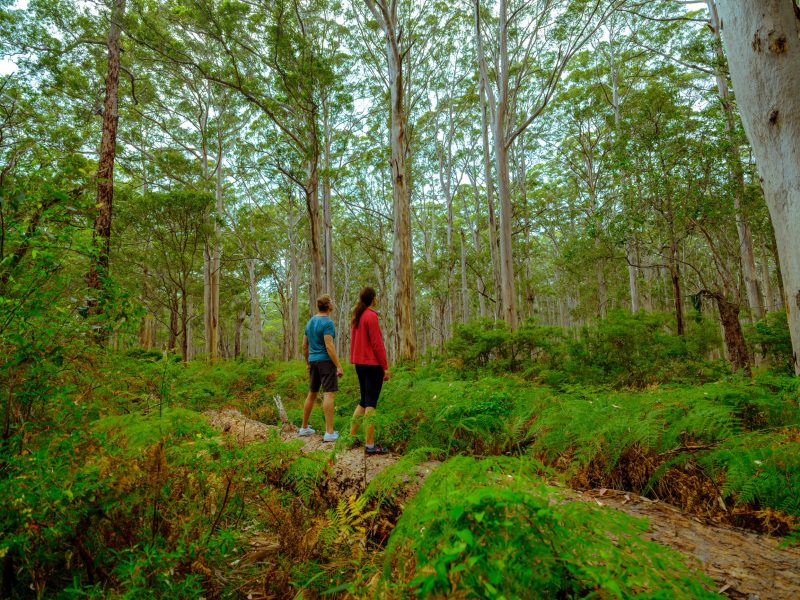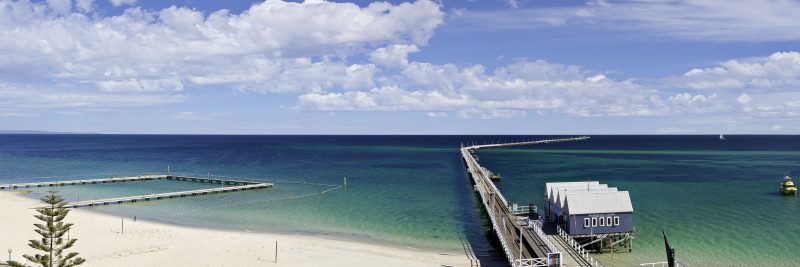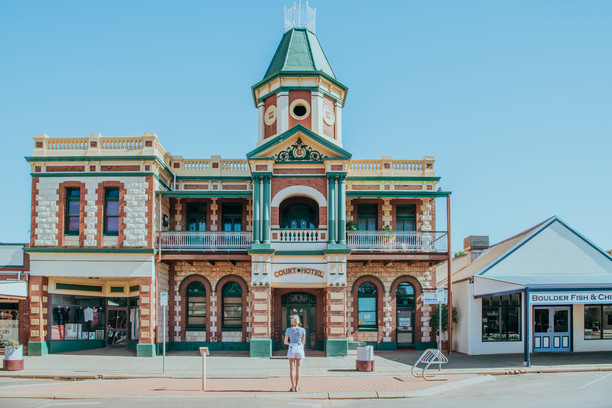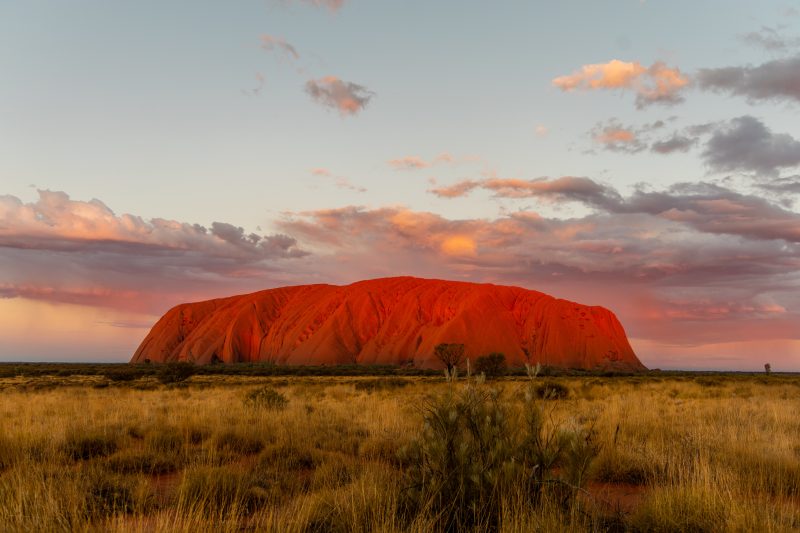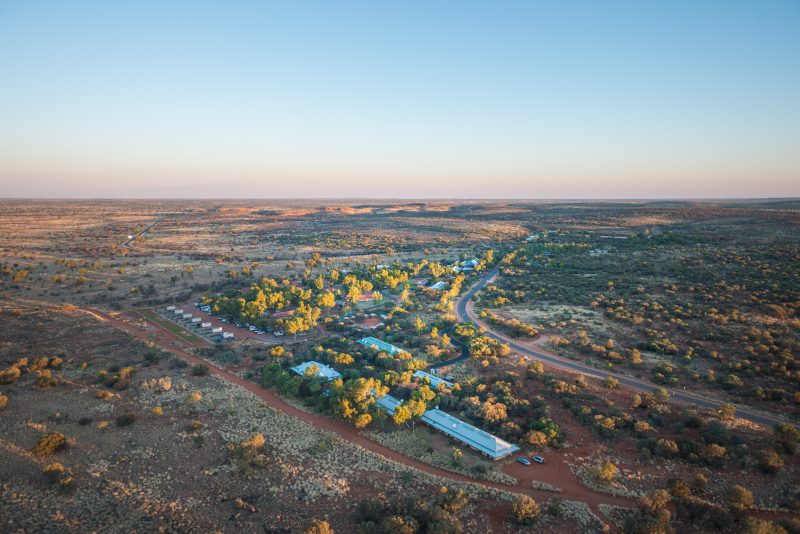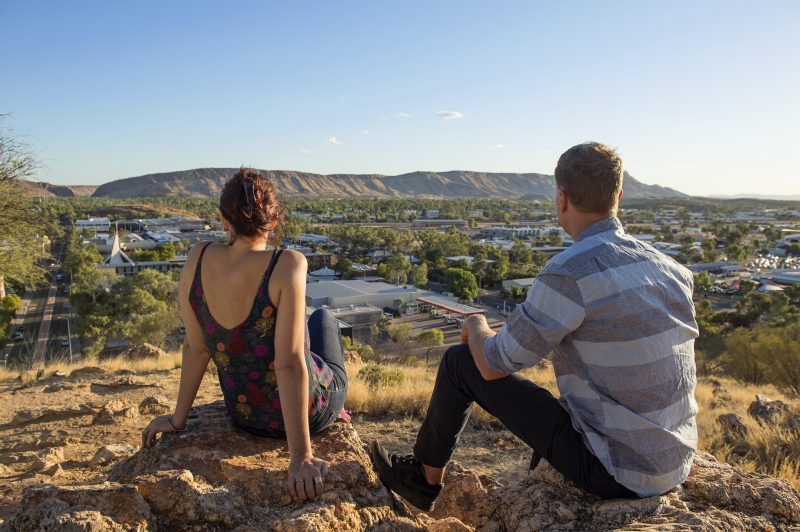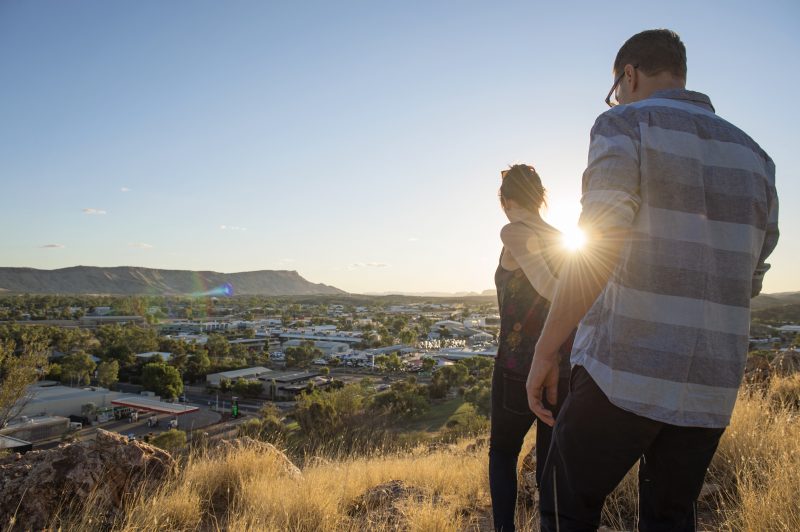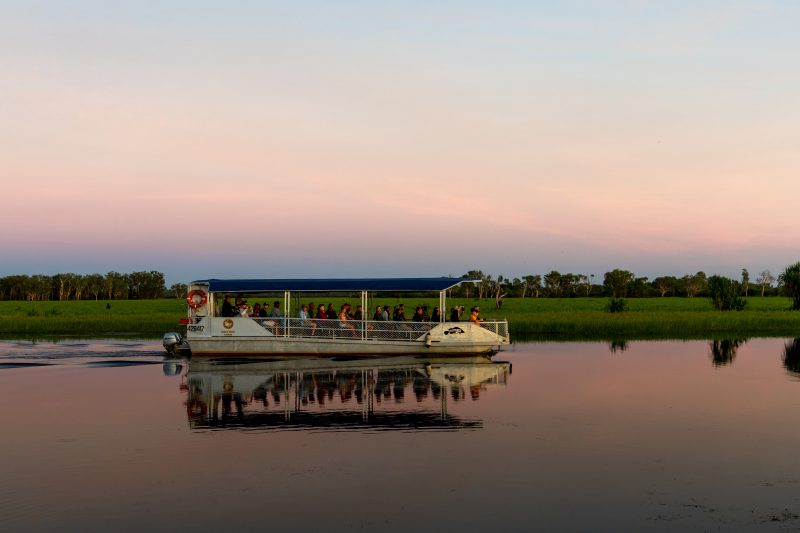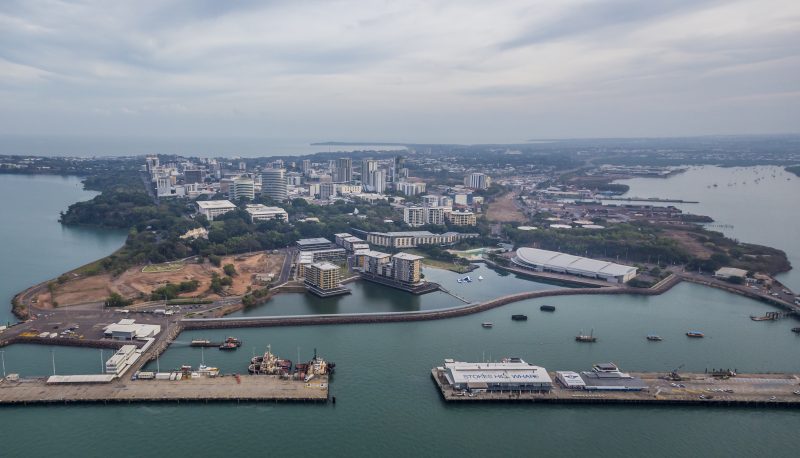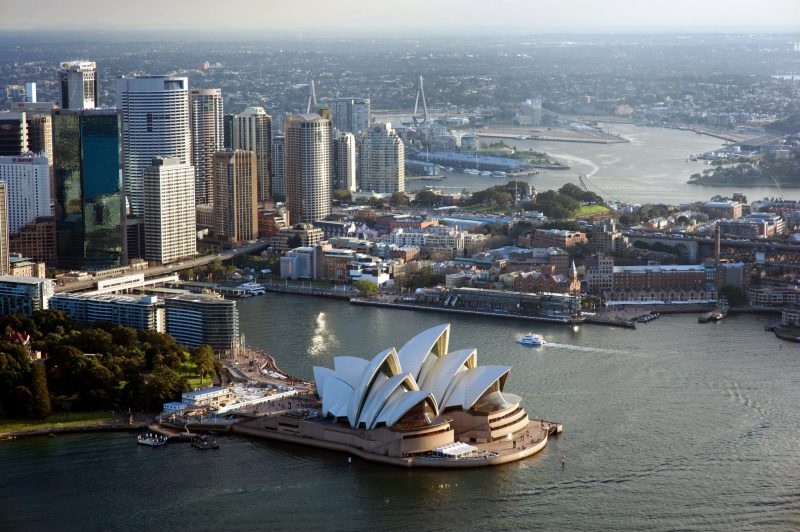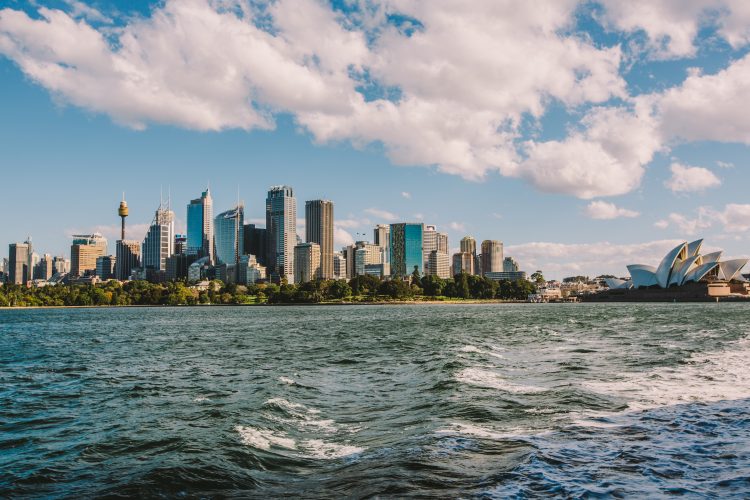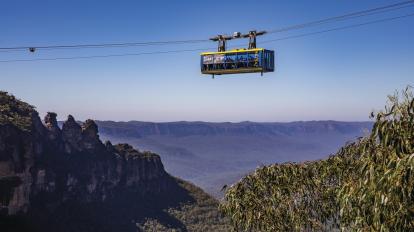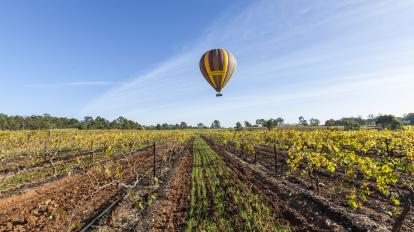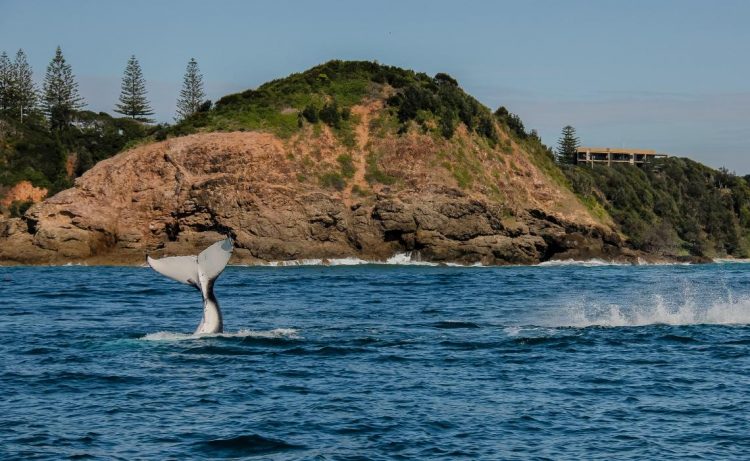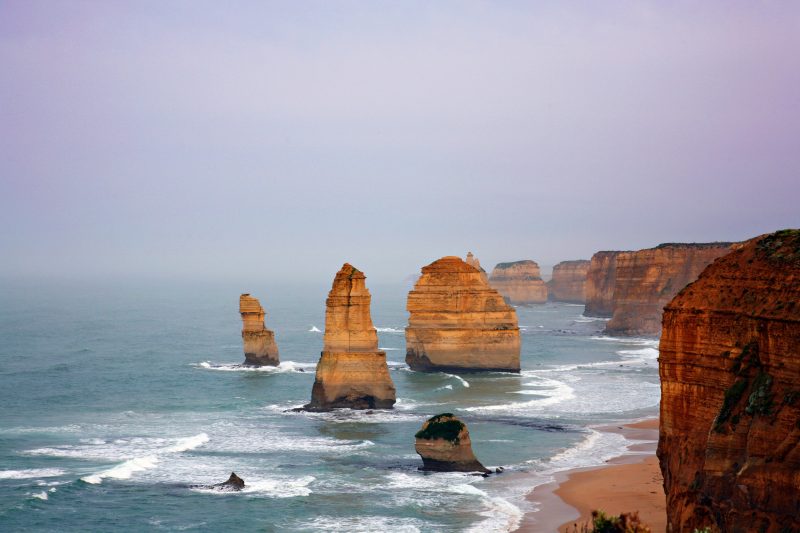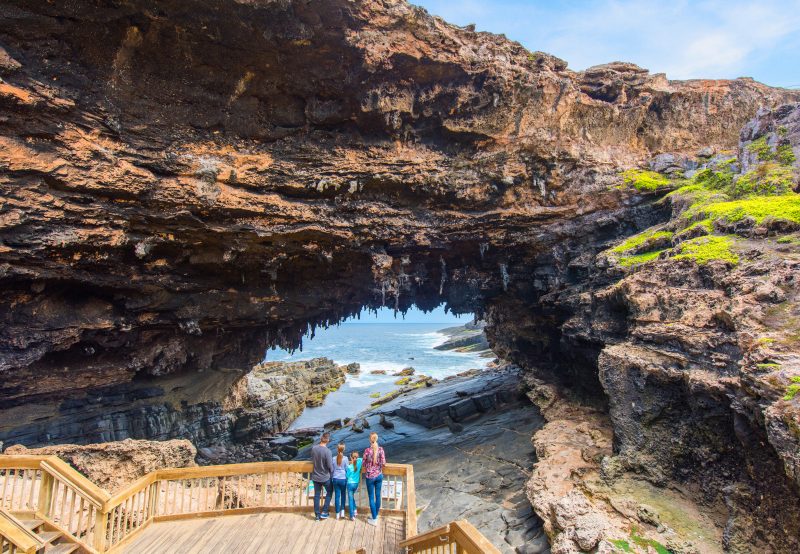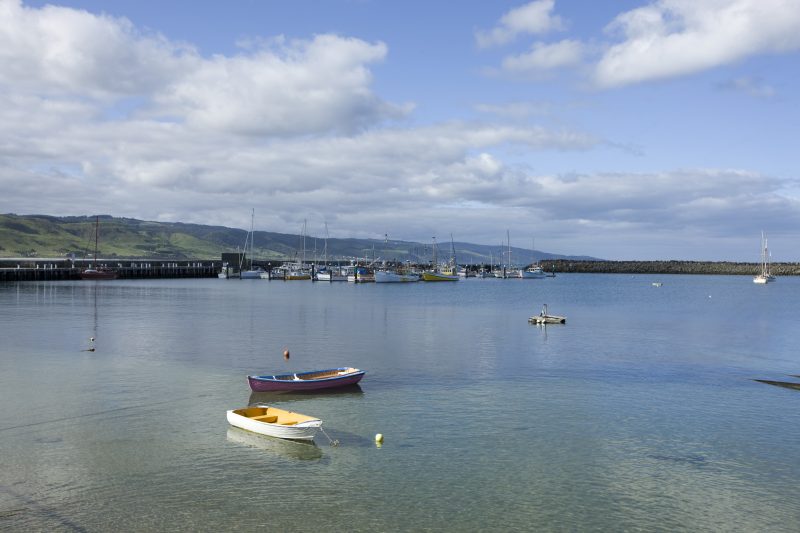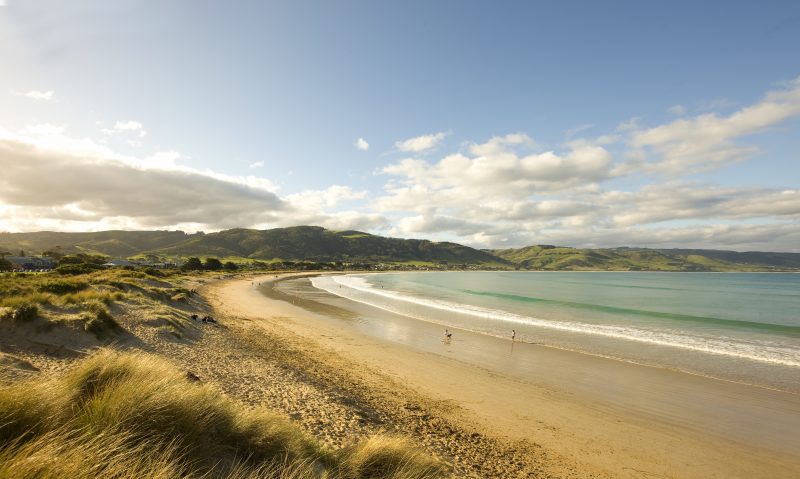Quick Facts
| Name | Australia |
| Population | 24 million |
| Capital | Canberra |
| Language | English |
| Currency | Australian Dollar |
| Time Zone | (UTC +11). (UTC +10.5) |
| Flag |
|
Climate
Australia is a continent that experiences a variety of climates due to its size. The temperature can range from below zero in the Snowy Mountains south-east Australia to extreme heat in the Kimberley region in the north-west of the continent.
Due to the size of the continent, there is not one single seasonal calendar for the entire continent. Instead there are six climatic zones and this translates as two main seasonal patterns.
There is a Summer / Autumn / Winter / Spring pattern in the Temperate zone, also affecting the Desert and the Grassland climatic zones and, a Wet / Dry pattern in the tropical north which includes the Equatorial, Tropical and subtropical zones.
Depending upon where you are each Month, the season will vary on whether the weather is defined by the Temperate zone seasons or the tropical seasons.
Culture
Australian culture is as broad and varied as the country’s landscape. Australia is multicultural and multiracial and this is reflected in the country’s food, lifestyle and cultural practices and experience. Australia has an important heritage from its indigenous people, which plays a defining role in the cultural landscape.
This diversity of influences creates a cultural environment in Australia that is lively, energised, innovative and outward looking.
Gastronomy
Australia has a rich variety of foods and drinks, adopted and adapted since colonisation and developed as part of a multi-cultural society. What was once new and foreign has been transformed with new ingredients and styles into distinctly Australian food.
Innovations based on new ingredients created new recipes. new desserts, cakes and biscuits, such as pavlova, lamingtons and ginger biscuits went down well with a cup of tea, a near universal drink. Phrases like a ‘billy of tea’, and later additions such as Anzac biscuits and vegemite were added to the vocabulary.
Transportation
Air
Flying is the best way to cover large distances in a short time. You’ll spend less time travelling and more time on the ground savouring Australia’s can’t-miss landscapes and laid-back lifestyle. Australia’s domestic airlines – Qantas, Jetstar, Virgin Australia, Tiger, Rex and their subsidiaries – serve all state capital cities and regional cities. Competition amongst domestic airlines means that great fares are available.
Drive
Australia has a vast network of well-maintained roads and some of the most beautiful touring routes in the world. Travel from Sydney to Brisbane past sleepy seaside towns and lush hinterland. Experience Australia’s Red Centre in an epic drive across the desert. Or follow Victoria’s Great Ocean Road as it hugs our spectacular south-east coast. You’ll find car rental companies at major airports, central city locations, suburbs and resorts. So hire a car, four-wheel drive, camper van, caravan or motorbike and hit the highway.
Bus/Coach
Coach and bus travel in Australia is comfortable, easy and economical. Coaches generally have air conditioning, reading lights, adjustable seats and videos. Services are frequent, affordable and efficient. Australia’s national coach operator, Greyhound, offer passes to fit every budget.
Rail
Train travel is a convenient, affordable and scenic way to explore Australia. Interstate and intrastate rail services connect our cities and regional centers, while cross-country train trips offer a unique insight into Australia’s size and diversity. Travelling options range from budget to luxury, and a range of rail passes can reduce your costs if you plan to see large sections of the country.
Countrylink trains connect New South Wales destinations and also travel along Australia’s east coast to Melbourne, Brisbane and Canberra. VLine trains link Melbourne with regional hubs in Victoria, Traveltrain covers Queensland and TransWA criss-crosses Western Australia.
Australia also has epic rail journeys such as The Ghan and Indian-Pacific, which sweep across the continent, offering comfort and a sense bygone romance. The Indian-Pacific travels between Sydney to Perth, stopping for whistle-stop tours of Broken Hill, Adelaide and gold-rich Kalgoorlie. The legendary Ghan travels between Adelaide and Darwin, taking in Australia’s Red Centre and the tropical Top End.
Public Transport
All of Australia’s capital cities are served by a wide variety of public transport, including trains, buses, ferries, monorail, light rail and trams. Taxis charge according to their meter.
Ferries
The Spirit of Tasmania runs a passenger and vehicle ferry service between Melbourne and Tasmania nightly. Extra services are running during summer peak times. Sealink ferries connect South Australia and Kangaroo Island several times a day. Ferries connect suburbs in our capital cities – they crisscross Sydney Harbour, the Swan River in Perth and the Brisbane River in Brisbane.

